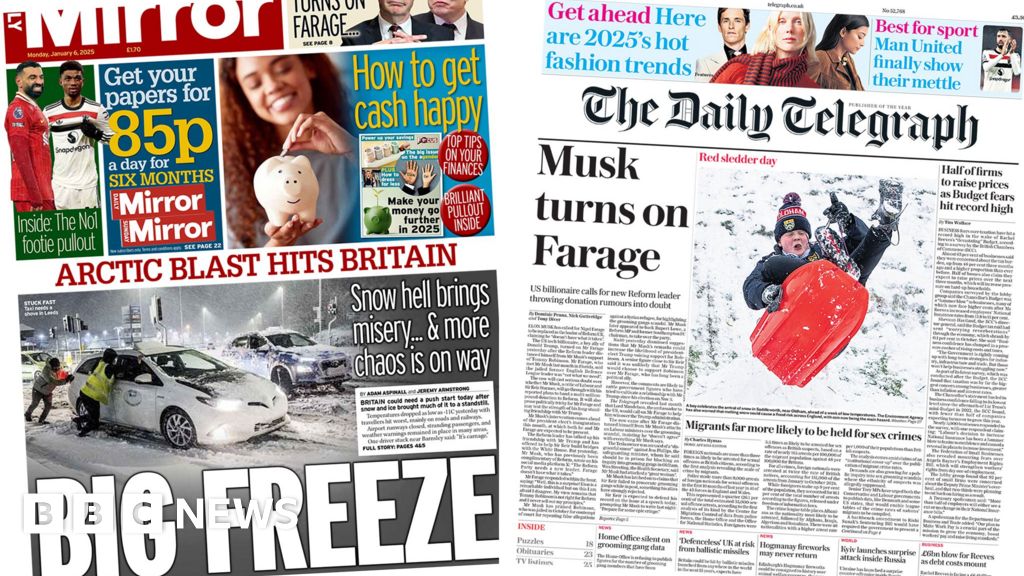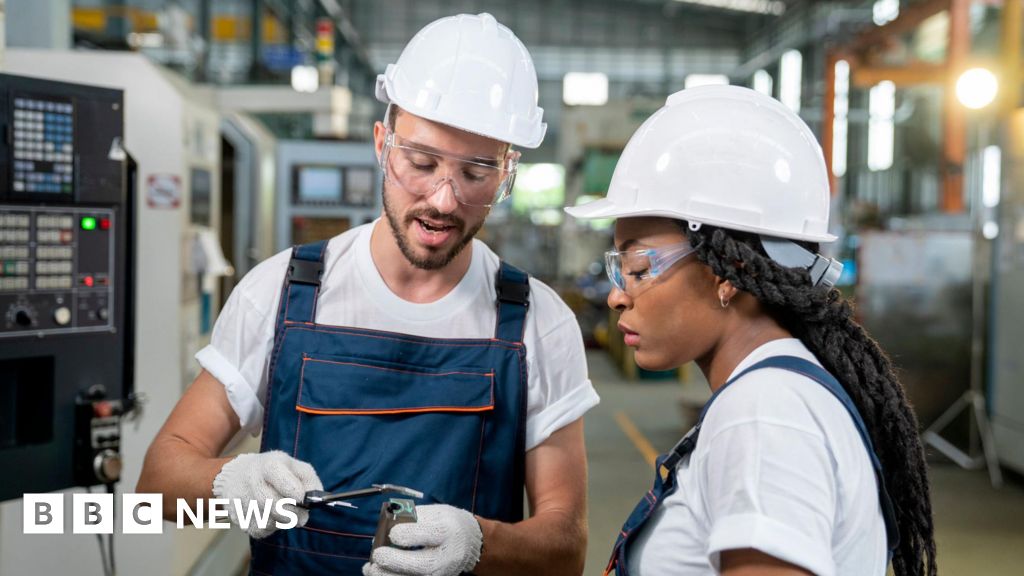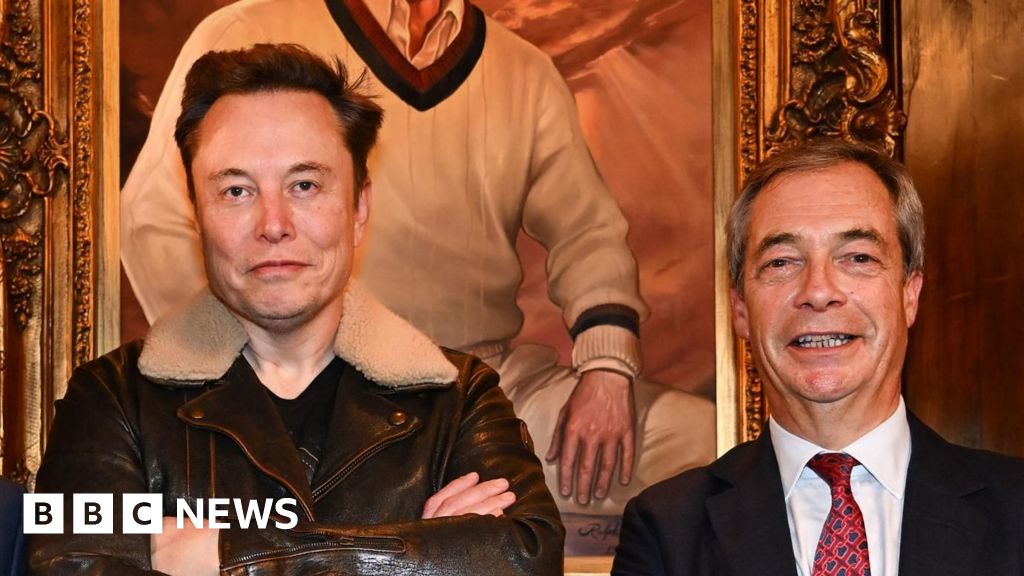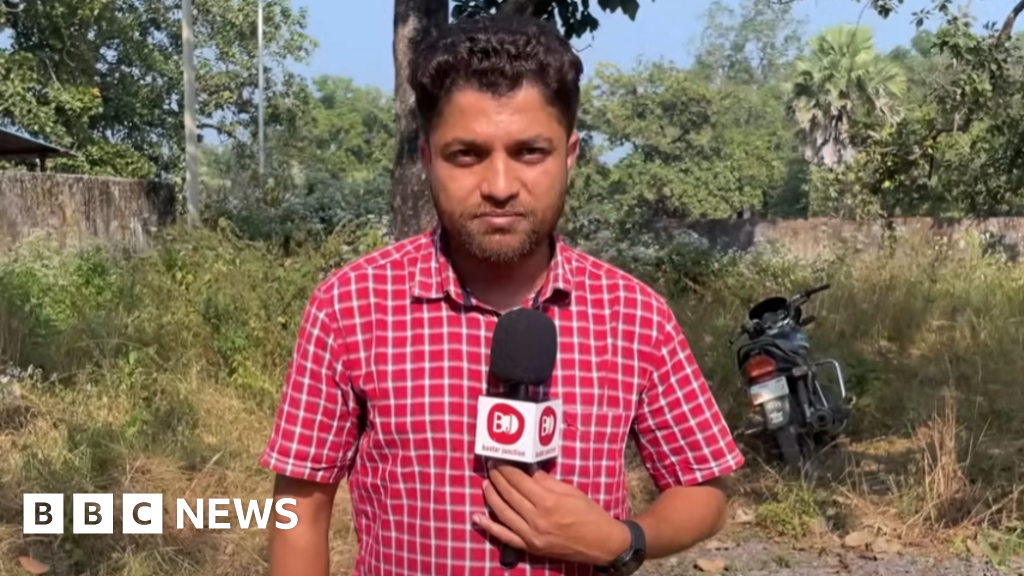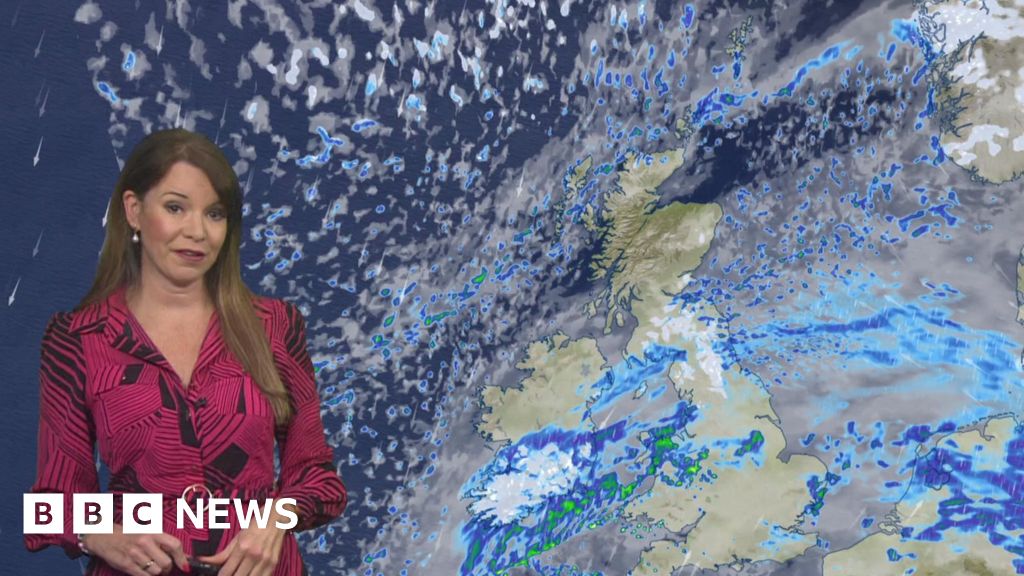The government has promised to look into dynamic ticket pricing, after the cost of tickets for the Oasis reunion tour more than doubled while on sale.
Culture Secretary Lisa Nandy described the selling of inflated Oasis tickets as "incredibly depressing" as she said surge pricing would be included in a government review of the secondary gig sales market.
On Saturday, fans of the world-famous band sat in virtual queues for hours hoping to get their hands on tickets to one of the reunion shows next year.
However, when they got through the two queues and lengthy waits, many were met with ticket prices far higher than face value.

Some expressed their anger on social media, as tickets worth £148 were being sold for £355 on Ticketmaster within hours of release, due to the dynamic pricing systems.
Speaking over the weekend, Ms Nandy announced that such issues, as well as the "technology around queuing systems which incentivise it", would be looked into in an upcoming government consultation.
She said: "After the incredible news of Oasis's return, it's depressing to see vastly inflated prices excluding ordinary fans from having a chance of enjoying their favourite band live.
"This government is committed to putting fans back at the heart of music.
"So we will include issues around the transparency and use of dynamic pricing, including the technology around queuing systems which incentivise it, in our forthcoming consultation on consumer protections for ticket resales.
"Working with artists, industry, and fans we can create a fairer system that ends the scourge of touts, rip-off resales, and ensures tickets at fair prices."
What is dynamic pricing?
The demand-based system was introduced by Ticketmaster in 2022.
It said it was brought in to stop touts and ensure more money goes to the artists.
Essentially, when there is a lot of demand for tickets, and limited supply, the price can go up.
Amid anger over Oasis's ticket prices, the company said they do not set prices and shared a link to a website that said costs could be "fixed or market-based".
On its own website, Ticketmaster describes its "Platinum" tickets as those that have their price adjusted according to supply and demand.
It says the goal of the dynamic pricing system is to "give fans fair and safe access to the tickets, while enabling artists and other people involved in staging live events to price tickets closer to their true market value".
The company claims it is artists, their teams, and promoters who set pricing and choose whether dynamic pricing is used for their shows.
Government minister Lucy Powell was among those hit by dynamic pricing on Saturday, and eventually forked out more than double the original quoted cost of a ticket for an Oasis show.
Read more from Sky News:
The Cure star diagnosed with 'rare' form of cancer
Samantha Fox cleared of assaulting wife
It comes after Noel and Liam Gallagher confirmed the band's long-awaited reunion on Tuesday last week.
Dynamic pricing is common within industries beyond music, with it being used frequently in the travel industry, with hotel rooms and airline tickets.
Frequent Taylor Swift collaborator Jack Antonoff previously said that dynamic pricing is an issue.
He told Stereogum that he wanted artists to be able to opt out of the system and be able to sell them at the price they chose.
Ticketmaster has been approached for comment.
 (1).png)
